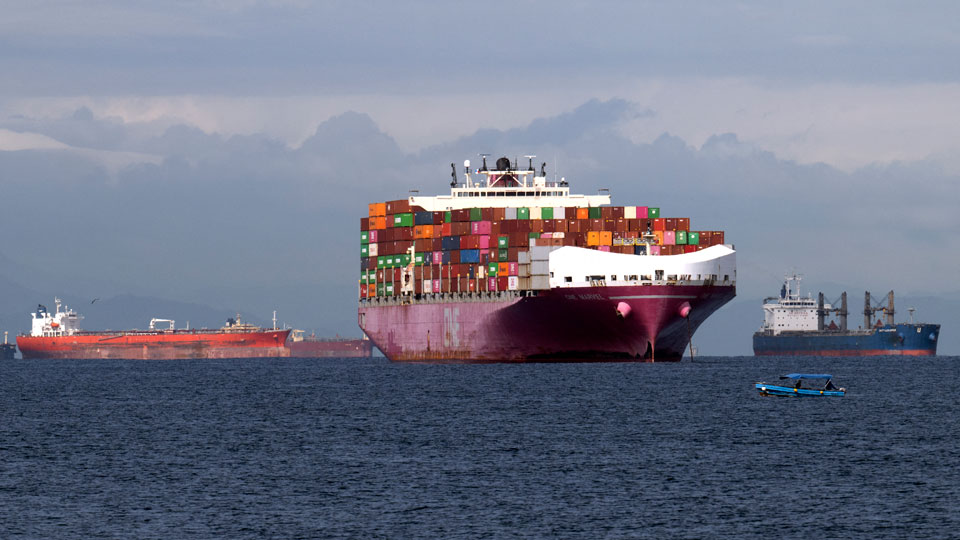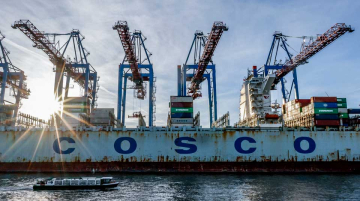
By Chris Alden and Alvaro Mendez
The Panama Canal has run nearly dry. Or to be more exact, the artificial lake that serves as a staging site for ships coming into the canal from the Pacific Ocean is so depleted after months of drought that the volume of water released has been severely reduced by the canal authorities. This has the knock-on effect of restricting the overall number of ships passing through the canal to the Caribbean Sea, from the usual 36 to a mere 25 a day, with expectations that this will be cut further in the next few weeks. The slowdown is not only going to limit US access to natural gas shipments but also reduce the supply of retail goods in the buildup to Christmas in the eastern United States, causing irritation for shoppers, disappointment for US stores dependent on the holiday season to boost profits and bring further pain for Chinese producers still struggling to shake off the effects of the pandemic on their business.
Not so long ago, analysts would have chalked this phenomenon up to a ‘black swan’ event, something utterly unexpected that no one (except of course in hindsight) could have predicted. It is true that El Niño’s periodic impact on weather patterns is partially to blame but there is a growing body of evidence this is drought is another reflection of climate change’s damaging effect on what were once the certainties of global maritime trade.
At the same time, something all the more predictable is playing out on the isthmus. First Quantum Mines, a Canadian firm which won a contract to extract copper in an open pit mine in the center of the country, is under siege by local environmentalists. The Panamanian government’s recent decision in October to authorize the Canadian company’s operations into the country’s prized national park brought out protesters who blocked the port at Colon a week ago and more recently closed down vital Pan American highway traffic traversing across the isthmus. One angry motorist shot and killed two protesters this week, guaranteeing more strife and even calling into question the government’s stability.
For the world’s largest trading nation in goods, this situation couldn’t have happened at a worse time. Unrest in a vital maritime ‘chokepoint’ can only compound the vulnerability Chinese policymakers already feel in a global economy stalked by insecurity in the energy and agricultural sectors, an unwanted war in Ukraine and another brewing in the Middle East. And the latter is happening near another maritime ‘chokepoint’, the Suez Canal, exposing the fragile nature of a globalized trading system that we have all come to rely on. How to navigate these troubled waters is the challenge for our current and aspirant great powers.
Chris Alden and Alvaro Mendez are co-authors of China and Latin America: Development, Agency and Geopolitics (Bloomsbury 2023).







